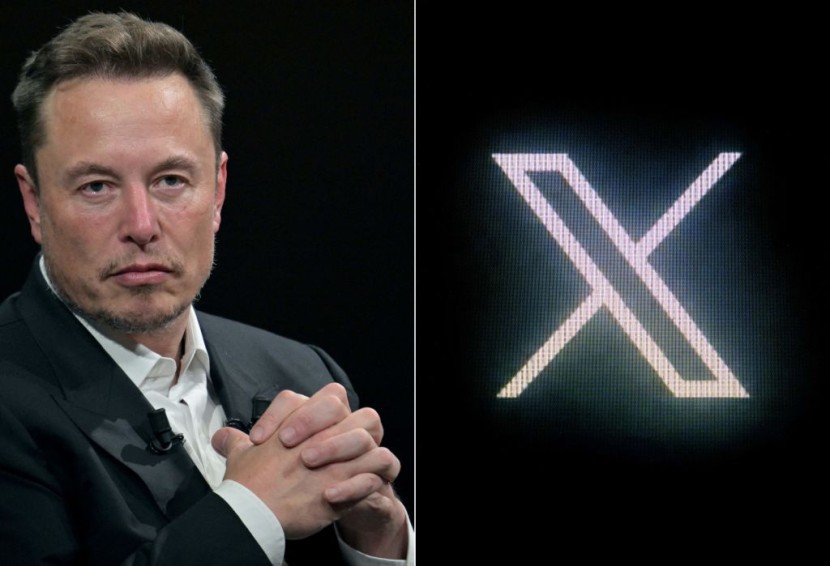Elon Musk's neurotech startup Neuralink has achieved a significant milestone by successfully implanting a brain chip into its first human test subject. Musk revealed on Monday that the surgery took place on Sunday, and the patient is reported to be "recovering well."
This development marks a pivotal moment in the quest to develop advanced "brain-computer interface" technology, potentially opening doors to improved interactions for individuals facing debilitating conditions such as paralysis.

The initial announcement was made through Musk's social media platform, X (formerly Twitter), where he shared that the first human recipient of Neuralink's brain implant is responding positively to the procedure.
Although Musk did not disclose specific details about the patient, Neuralink had previously announced its search for a trial participant suffering from quadriplegia, indicating a focus on addressing conditions that severely limit physical functionality.
Neuralink's journey toward human trials began after receiving approval from the U.S. Food and Drug Administration (FDA) last year. Prior to this, the company conducted extensive tests on animals, drawing criticism from animal rights groups for potential abuse.
The recent successful implantation in a human signals a significant step forward for Neuralink in its mission to develop practical applications for its brain-computer interface technology.
The brain chip itself boasts an impressive 1,000 electrodes, designed to enable wireless computer functions through a revolutionary "think-and-click" mechanism. Musk's tweet hinted at promising initial results with neuron spike detection, showcasing the potential for individuals to perform computer tasks simply by thinking about them.
Named "Telepathy," Neuralink's first product aims to empower patients with severe paralysis, offering them the ability to control external technologies using neural signals. The company envisions a future where individuals with degenerative diseases like ALS can communicate or access social media by moving cursors and typing with their minds.
Musk expressed the ambitious goal of surpassing even the communication speed of a professional typist or auctioneer, illustrating the transformative impact this technology could have on individuals' lives.
Read Also : Documents Show Musk's Brain Implant Firm Breached US Regulations on Transporting Hazardous Materials
Neuralink's Short And Long-Term Goals
While Neuralink did not disclose the exact number of participants in its initial human trial, the company emphasized its commitment to building a generalized brain interface.
The short-term goal is to restore autonomy to those with neurological conditions, with the long-term vision of making the technology available to billions, unlocking human potential beyond biological capabilities.
Neuralink's achievement comes amid a burgeoning field of brain-computer interface companies, with Paradromics, Precision Neuroscience, Synchron, and Blackrock Neurotech also making strides in the industry. As the competition intensifies, Neuralink's high-profile status, propelled by Musk's involvement, positions it as a leading player in the race to bring this transformative technology to the market.
The journey towards commercialization involves rigorous data safety collection and testing, with medical device companies required to undergo multiple rounds of scrutiny before securing final FDA approval.
The six-year timeline for completing the trial underscores the complexity and thoroughness necessary for ensuring both the safety and functionality of Neuralink's brain implant.
© 2025 HNGN, All rights reserved. Do not reproduce without permission.








